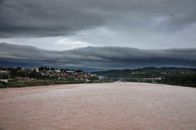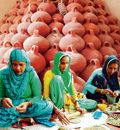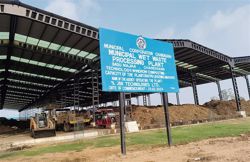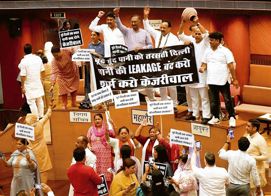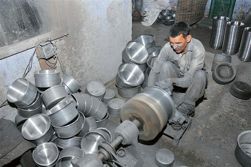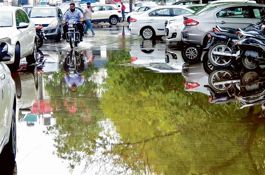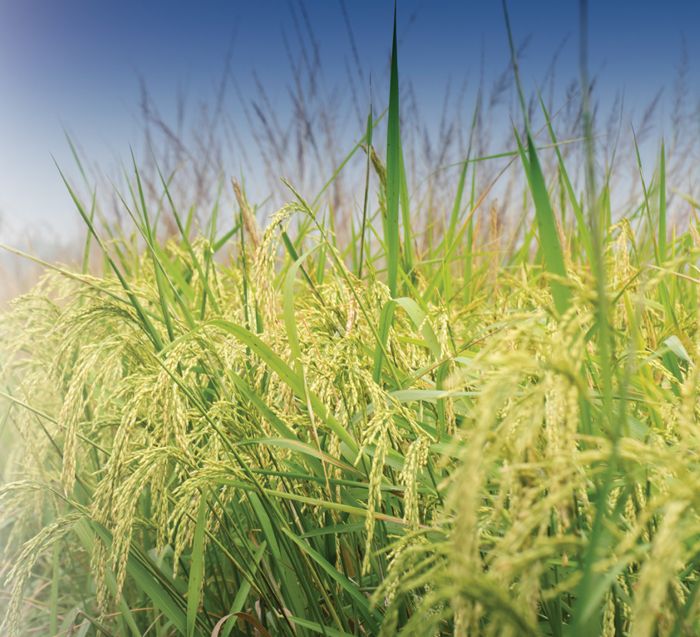
Direct seeding of rice
Deepender Deswal
For the past decade, direct seeding of rice (DSR) has been dominating the farming discourse in Haryana. But farmers continue to sow paddy in the traditional way in puddled fields. Paddy, a water-guzzling crop, has been responsible for the depletion of the water table in many areas of the state.
Direct seeding of rice
Though officials of the Haryana Agriculture Department blame the farmers for not switching over to DSR, agriculture experts point out the shortage of staff with the department and lack of efforts in the right direction.
Farmers say they are comfortable with the traditional method of sowing and deem DSR a risk which they can hardly afford to take. “We have seen some farmers try to switch to DRS, but it results in excessive weeds in the fields and also affects production. We get water for irrigation to inundate the field” says Pradeep, a farmer of Ghirai village (Hisar). Krishan of Kharkari village says DSR can be successful when the entire village adopts it.
Stressing the need for DSR, Ram Kumar, an agriculture expert, says: “We are at the same point where we were 10 years ago on this issue. I believe that farmers are ready to adopt DSR. But they are not being given requisite information. Shortage of staff with the Agriculture Department may be one of the factors,” he adds.
BR Kamboj, Vice-Chancellor of Chaudhary Charan Singh Haryana Agricultural University (HAU), says the water-intensive nature of traditional paddy cultivation methods has become a major issue now. “The annual groundwater extraction is the highest in two paddy-dominated states, Punjab and Haryana. Therefore, as water resources are dwindling across northern India, continuing with this traditional method of planting has led to serious questions being raised about the feasibility and sustainability of paddy production,” the VC says, adding that several options/alternatives have been suggested to overcome these issues in the rice-wheat cropping system.
Kamboj says research has showed that DSR has the potential to save 15-20% of water and 13-29% labour requirement compared to conventional transplanting. Water and labour-saving appear to be the main reasons to shift from conventional transplanting to direct seeding, even as there are economic benefits in the form of saving of transplanting cost (Rs 3,000-3,500 per acre), early maturity (7-10 days earlier due to avoidance of transplanting), less disease incidence (due to less water stagnation), better groundwater recharge (due to better percolation of rainwater), lesser methane emissions and higher yield of succeeding crop (due to less compaction of subsoil).
“HAU is working to make DSR technology shock-proof. Besides ongoing research work, we are motivating farmers through Krishi Vigyan Kendras to make it more profitable to the farmers,” the VC adds.
Potential benefits of DSR
- 10-20% saving in irrigation water
- 10-12% higher recharge of groundwater
- Saves labour
- Less prone to infestation of diseases (e.g. sheath blight, foot rot)
- Provides 100 kg/acre higher yield of succeeding wheat crop as compared to conventional practice of puddled transplanted rice.
Join Whatsapp Channel of The Tribune for latest updates.










